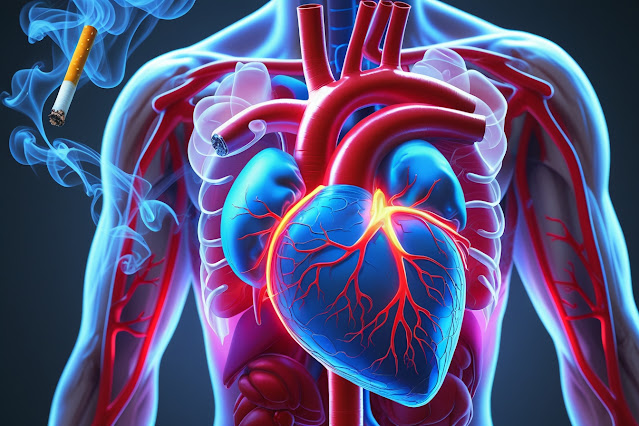What Happens to Your Body When You Quit Smoking
Quitting smoking is one of the most impactful decisions you can make for your health. While the process may be challenging, the benefits begin within minutes and continue for years. This article explores the detailed timeline of recovery after quitting smoking, the changes in your body, and how each system begins to heal. From improved lung function to reduced cancer risk, you'll see how your body transforms.
1. 20 Minutes to 24 Hours After Quitting
Within just 20 minutes of your last cigarette, your body starts its healing journey.
- Heart rate and blood pressure begin to normalize.
- After 8 hours, oxygen levels in the blood improve.
- By the 24-hour mark, your risk of heart attack already starts to drop.
2. 48 Hours to 2 Weeks: Regeneration Begins
After two days, your body experiences real regeneration:
- Nerve endings start regrowing, restoring senses of taste and smell.
- Carbon monoxide levels in the blood drop to normal.
- By 2 weeks, circulation improves and physical stamina starts increasing.
3. 1 to 9 Months: Lung Function Improves
This is when dramatic changes occur in your lungs and respiratory system:
- Cilia (tiny hairs in the lungs) regrow, improving your ability to fight infections.
- Coughing and shortness of breath start to decline.
- Lung capacity and overall pulmonary function improve steadily.
By the 9th month, many people find physical activities like running or cycling significantly easier.
4. 1 Year and Beyond: Major Disease Risks Drop
By the one-year mark:
- Risk of heart disease drops by 50%.
- At 5 years, the risk of stroke is similar to non-smokers.
- 10 years after quitting, the risk of lung cancer drops by half.
These milestones prove that the body doesn’t just repair—it rebuilds.
Long-Term Benefits of Quitting Smoking
Quitting not only heals your body but also:
- Extends lifespan: On average, quitting by age 40 reduces risk of death by 90%.
- Improves fertility: Both men and women experience hormonal balance and improved reproductive health.
- Enhances mental health: Lower anxiety, stress, and improved mood over time.
- Improves skin, hair, and teeth: Better blood flow improves skin tone, reduces hair loss, and prevents gum disease.
Tips for Staying Smoke-Free
- Identify your triggers and create strategies to handle them.
- Use nicotine replacement therapy (NRT) or prescribed medication.
- Join support groups or quit-smoking programs.
- Celebrate milestones to stay motivated.
Final Thoughts
The benefits of quitting smoking are real, measurable, and life-changing. From the very first minutes to decades later, your body fights to recover. Whether you’ve tried once or a dozen times before, remember: every attempt counts. The most important step is the next one.








No comments:
Post a Comment